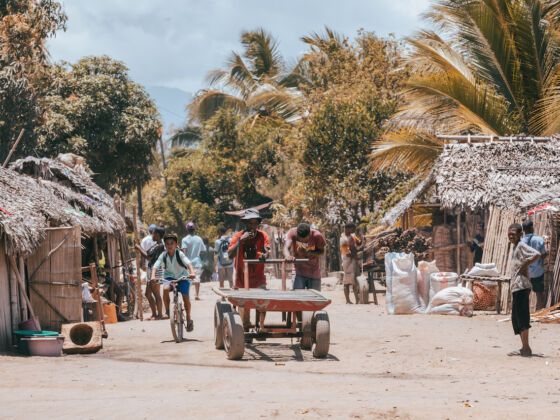[Editor’s Note: This is the first article in an occasional series from guest writers responding to the prompt, “What’s going on in your country?”]
In Madagascar, history repeats itself.
The past few months have been unfortunate for Madagascar.
A series of tropical storms hit both the east and the west coasts, leaving more than 40,000 people roofless and recovering from floods. However, if you were in Madagascar the near complete destruction of infrastructure would be an afterthought because a chain of political and social unrest has hit the country with equal force.
